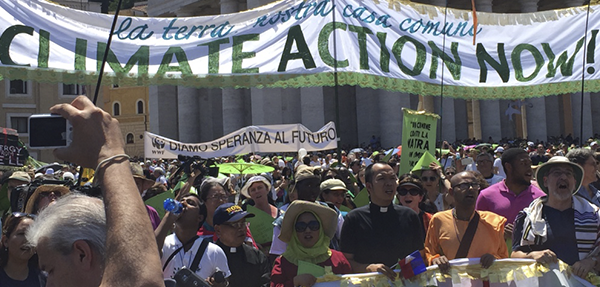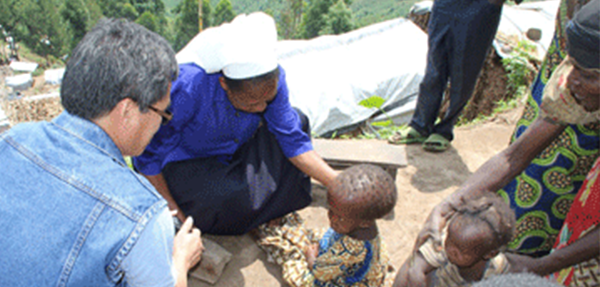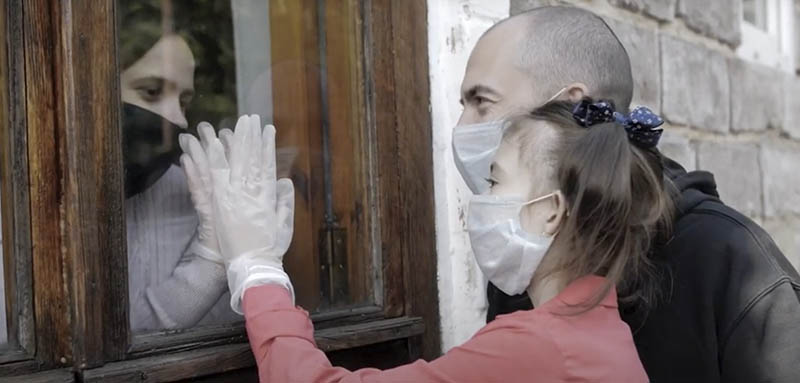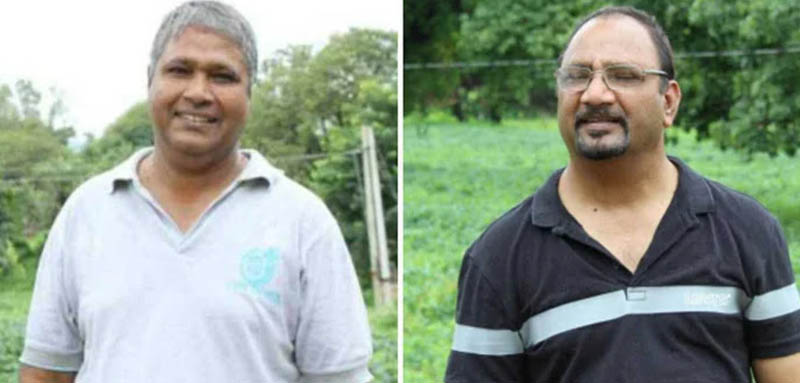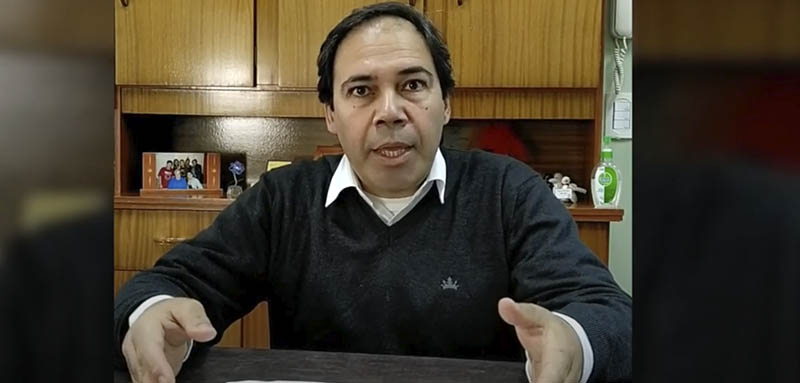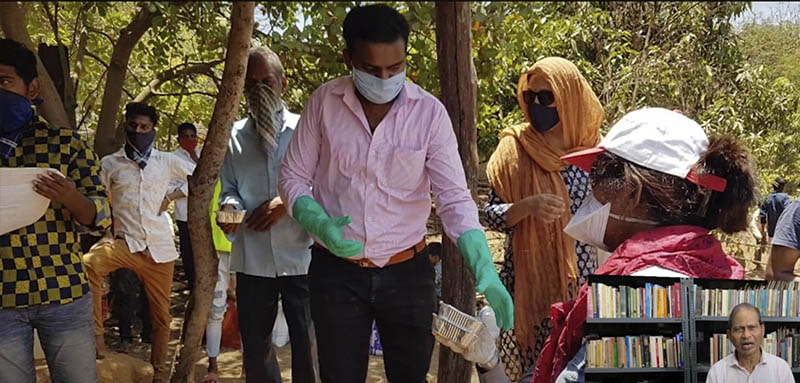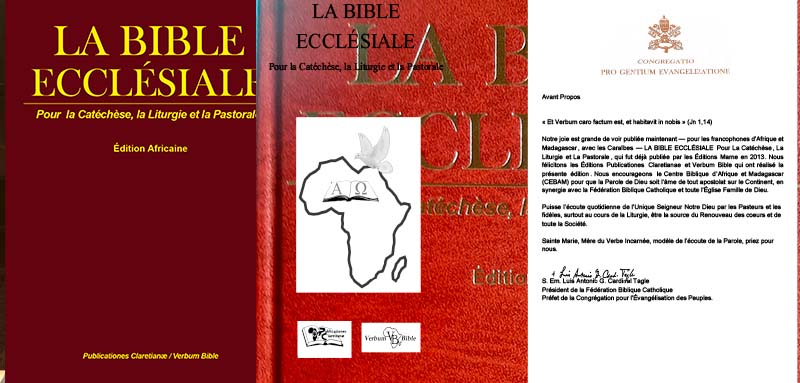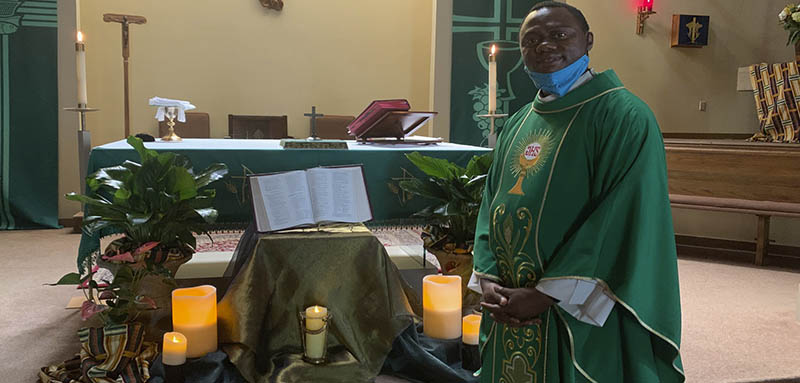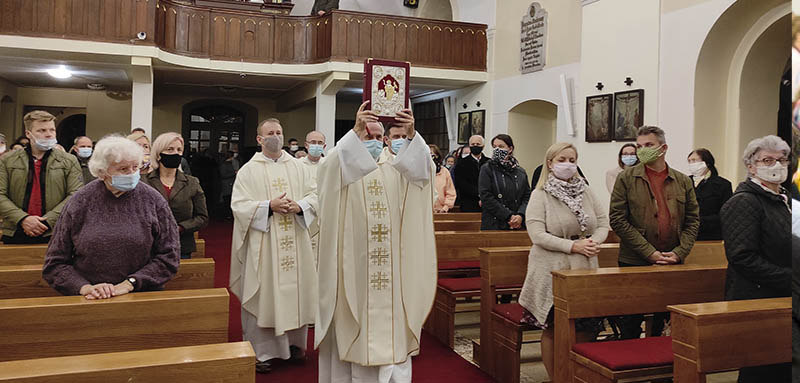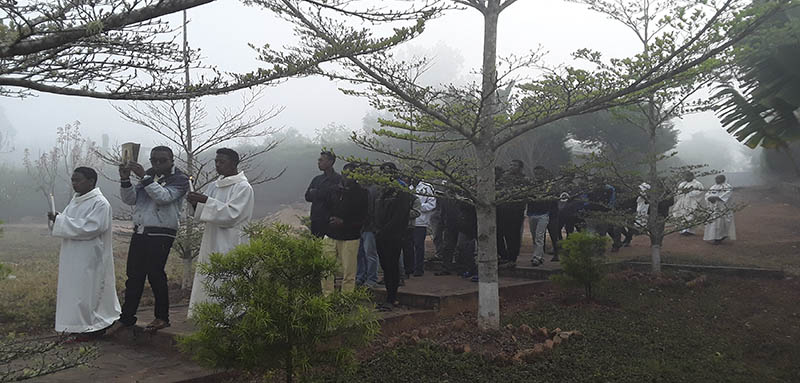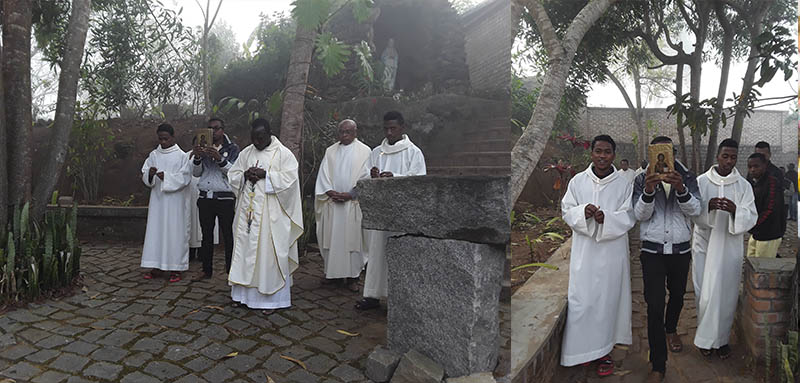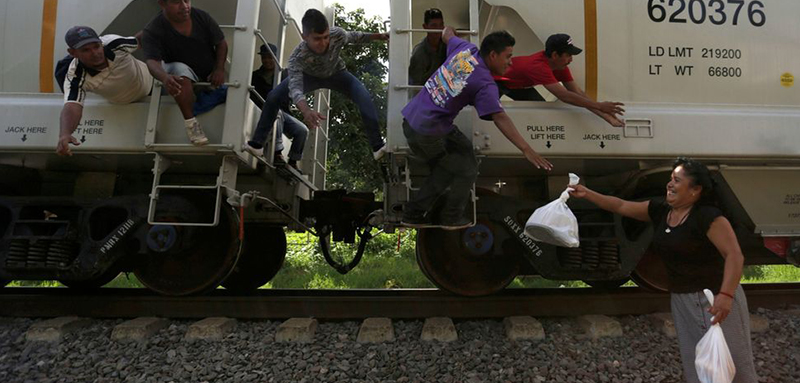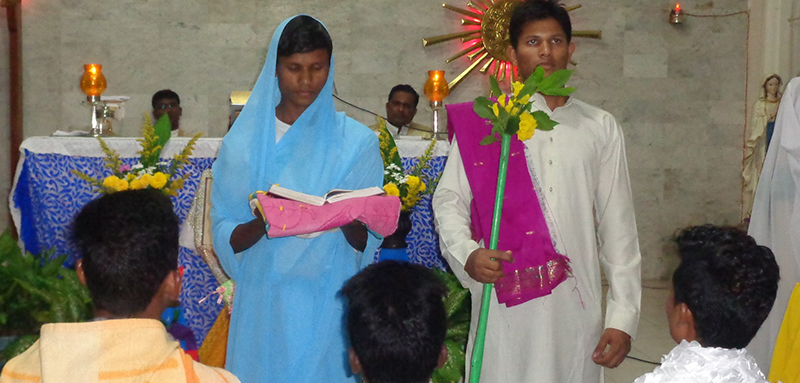In 2011 the SVDs in Hungary celebrated the 10th anniversary of its mission summer camps. These camps which were started in 2001 have drawn hundreds of young people from across Hungary, both practicing and non-practicing Catholics, even those who are not so familiar with the Christian faith.
The summer camps had a very humble beginning. It started with one single camp, but later on, since more and more young people were interested in participating, it developed into three camps every summer. Each year 300 hundred children and youth attend these camps.
Since the beginning, these camps were called Mission Camps for a couple of reasons. First of all it is a means of mission animation. During the camps the participants are introduced to the mission realities. There are usually presentations on a particular mission country or mission experience given by a missionary. The SVD confreres who are from other countries contribute to the missionary atmosphere of the camps. Through their presence during the camps the participants are introduced to different cultures where the SVD confreres come from through songs, dance and even food.
Secondly, the camps are also aimed at bridging the gaps that exist within the Hungarian society, between the haves and have-nots, between the Hungarian majorities and the gypsy minorities, between those who come from peaceful family back grounds and those who come from broken homes. It is always heart-breaking to witness that although these disparities might be difficult to overcome at the beginning of the camps by the end of the camp differences are pushed to the background so much so that true friendships and mutual acceptance take place as the fruit of these camps.
Thirdly, mission awareness is given to the participants through mission oriented programs such as making handicrafts which will be sold to support a certain mission country or a particular mission project. The participants engage in visiting the nearby nursing homes and giving some faith-related presentations at the city centre.
The fruit of these camps can be seen not only in the growing interest for these camps, but also in those who had come to the previous camps would volunteer to be helpers; and some religious vocations and a couple good marriages have also emerged from these camps.
Fransiskus Magung SVD, Mission Secretary









